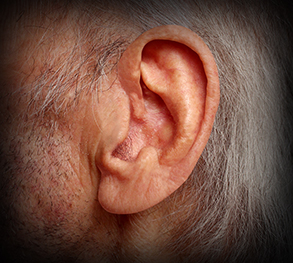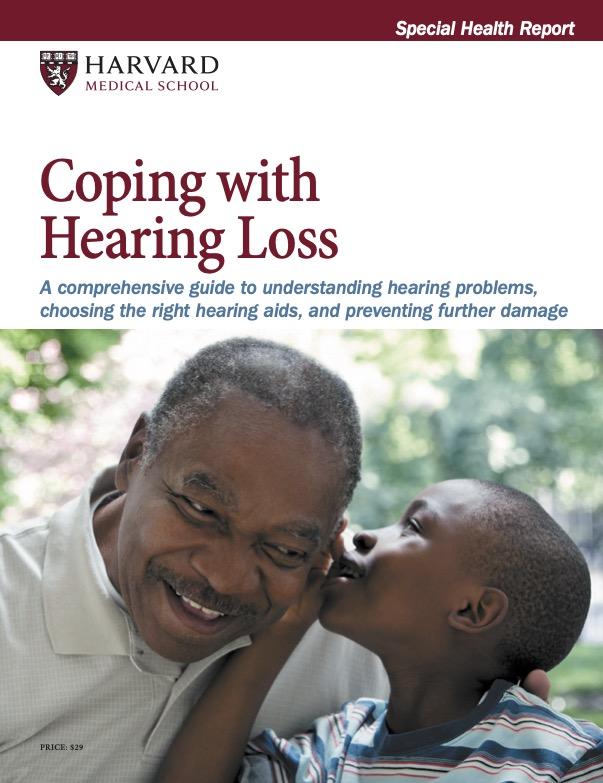Types of hearing loss
There are two basic types of hearing loss: sensorineural and conductive. Many people have a combination. This is called mixed hearing loss. Knowing which type you have is the first step in determining which treatment is right for you.
Sensorineural hearing loss. The majority of people with hearing loss, especially age-related hearing loss, have this type, which is caused by damage to the sensory cells (hair cells) in the inner ear or to the nerves that help transmit sound messages to the brain. Sensory cells can be injured or destroyed by loud noises, toxic chemicals, head injuries, infection, medical conditions, and, above all, aging. When sensorineural hearing loss is the result of aging or an ongoing exposure to loud noise, it comes on gradually, over a period of many years. But it can start suddenly when the cause is a blow to the head, a drug, or an extremely loud noise, such as an explosion. Sensorineural hearing loss is usually permanent.
Conductive hearing loss. This type of hearing loss affects all age groups and is caused by something that physically blocks or hinders sound waves from passing through the outer ear or middle ear. The source of the obstruction can be any number of things: earwax, fluid buildup, inflammation from an ear infection, a cyst or other abnormal growth, or a foreign body that becomes lodged accidentally in the ear. Conductive hearing loss can also be caused by disorders of the ossicles (see page 2), such as otosclerosis. The eardrum itself can bring on conductive hearing loss if it becomes stretched or bruised from unequal air pressure in the middle ear, as might happen during changes in atmospheric pressure in an airplane. Sometimes the blockage is caused by a birth defect in which the ears don’t develop properly.
Unlike sensorineural hearing loss, conductive hearing loss is often treatable. Sometimes the fix is as simple as unblocking your ears after a plane lands or seeing an otolaryngologist (see “The hearing professionals,” page 12) to have wax buildup carefully removed. In other instances, medicine or surgery is required.












